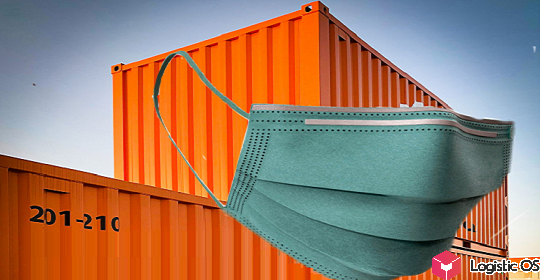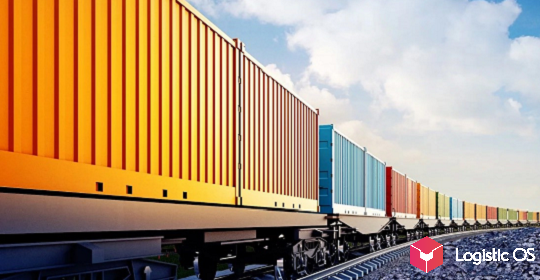The transport industry is undergoing a significant transformation.
Until 2019, trucking was a very popular investment area for Russian businesses.
The business was clear, simple and profitable, with minimal investment and good earnings.
Large volumes of cargo went from China to the CIS countries and Russia.
Despite the fact that the cost of road transportation is more expensive than by sea or rail, it has an undeniable advantage — the speed of order fulfillment.
But the year 2020 has come, and with it covid restrictions, lockdowns in China and around the world. Many industries began to experience problems, including the automotive industry.
2022 brought new, even more global problems: lack of spare parts, rising fuel prices, broken supply chains.
As a result: the cost of transportation increases, and the cost of services does not grow due to a decrease in freight traffic.
An additional problem, and experts consider it to be the main one, is the change in cargo traffic.
The volume of goods transported by road decreased by 40-70%.
Thus, if a road carrier, for example, transported 150 containers per month, then with the available volume of 70-80 and constantly growing costs, he incurs big losses.
The desire of cargo owners, who have their own drawdowns for various costs, to optimize delivery costs, leads to a partial transition to the transportation of containers by rail.
Railway transportation increases the delivery time, but reduces costs.
In turn, those for whom speed of delivery is important are switching from air transport to cars, but the available volumes do not cover the needs of road carriers.
Transportation by rail has its own “disadvantages”: sometimes containers in the freight yard stand idle for two weeks.
Road carriers add problems and unfair competition, and border crossings, and the condition of the roads.
For the third year in Primorsky Krai, problems have been observed at border points.
Since the freight traffic on the European part has decreased, the cargo is being redirected to Turkey, Azerbaijan, Armenia and Iran.
And the capacity of border crossings has not changed.
For Russia, imports are certainly a very important component. And, most likely, it will gradually recover and grow in volumes from the current level.
The main thing is that everyone has enough resources and opportunities to survive another difficult year for business.

